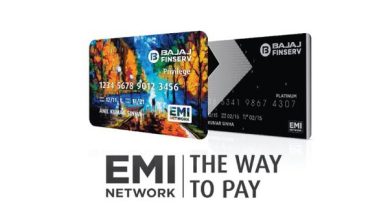Navigating the Financial Landscape as a Self-Employed Individual

Embarking on the path of self-employment offers a unique blend of autonomy and flexibility, allowing individuals to pursue their passions and shape their own professional trajectories. However, this journey also presents distinct financial challenges, demanding astute financial management and strategic decision-making. To effectively navigate this landscape, self-employed individuals can adopt a range of strategies to optimise their financial well-being.
Crafting a Comprehensive Budget:
Establishing a detailed budget serves as the cornerstone of financial stability for self-employed individuals. By meticulously tracking income and expenses, individuals gain a clear understanding of their financial standing and can identify areas for potential savings. This process involves meticulously documenting all sources of income, including freelance projects, client invoices, and any additional revenue streams. Simultaneously, expenses should be categorised and tracked, encompassing both personal and business-related expenditures.
Tax Planning:
Self-employed individuals are responsible for managing their own taxes, making it crucial to stay informed about tax regulations and proactively plan for tax obligations. Setting aside a dedicated portion of income specifically for tax payments prevents financial strain during tax season. Additionally, exploring tax deductions and maximising allowable expenses can significantly reduce tax liabilities.
Negotiating Favourable Terms:
Self-employed individuals possess the power to negotiate favourable terms with vendors, clients, and service providers. By engaging in strategic negotiations, individuals can secure better rates on essential services, reducing overall business expenses and enhancing profitability. This approach requires confidence, thorough research, and a willingness to walk away from unfavourable deals.
Exploring Fuel Card Solutions:
For self-employed individuals who rely heavily on personal vehicles for business-related activities, a fuel card for self employed can offer substantial savings. These cards often provide discounts on fuel purchases and simplify expense tracking. By carefully evaluating fuel card options and selecting a card that aligns with business needs, individuals can optimise fuel expenses and allocate more resources towards business growth.
Seeking Professional Guidance:
Recognising the complexities of financial management, self-employed individuals should not hesitate to seek professional guidance when needed. Financial advisors can provide tailored advice on budgeting, tax planning, investment strategies, and overall financial wellness. Their expertise can prove invaluable in navigating complex financial decisions and ensuring long-term financial success.
In conclusion, self-employed individuals face unique financial challenges that demand strategic planning and informed decision-making. By adopting a comprehensive approach that encompasses budgeting, tax planning, negotiation, fuel card utilisation, and professional guidance, self-employed individuals can optimise their financial well-being and pave the way for sustainable financial success.




